Uses & Benefits
Nutrient-rich Horn meal boosts plant health, enriches soil, and supports sustainable growth—perfect for organic gardening!



• Provides Long-Lasting Nitrogen Supply
Slow-release nitrogen supports steady, sustained plant growth over time.
• Stimulates Strong Leaf & Stem Growth
Promotes lush foliage and sturdy stems in leafy vegetables and ornamentals.
• Enhances Soil Structure Over Time
Gradually improves soil texture, promoting a healthy growing environment.
• Encourages Deeper Root Systems
Robust root penetration for improved drought tolerance and nutrient uptake.
• Ideal for Organic Gardening
Natural and chemical-free, safe for use in eco-conscious and sustainable gardens.
How to Use Leaffyco’s Horn Meal?
Loosen the Soil
Use a garden fork to loosen the top layer around the plant
Apply Horn Meal
Sprinkle an appropriate amount near the plant’s roots.
Cover the Soil
Lightly mix the compost with the loosened soil.
Water Lightly
Gently water to help bone meal settle and activate nutrients.
When to Use Leaffyco's Horn Meal?

Indoor & Ornamental Plants
Duration: Once every 2–3 weeks
Qty: 20g – 30g per Plant

Kitchen Gardens
Duration: Once every 2–3 weeks
Qty: 30g – 50g per Plant

Flowering & Outdoor Plants
Duration: Once every 2–3 weeks
Qty: 30g – 50g per Plant

Lawns & Plant Beds
Duration: Once every 3–4 months
Qty: 0.25” – 0.5” layer, mixed with topsoil
How Leaffyco Ensures High-Quality Horn Meal?
Organic Sourcing
Made from cold-pressed mustard seeds, naturally derived and sustainably processed.
Controlled Processing
Carefully milled to retain key nutrients like nitrogen, potassium, and micronutrients.
No Chemical Additive
100% natural — free from synthetic fertilizers, pesticides, or harmful residues.
Lab-Tested for Nutrients
Rigorously tested to ensure consistent nutrient content and absence of contaminants.
Eco-Friendly & Sustainable
Supports organic gardening practices and reduces environmental impact.
Choose Better Choose Leaffyco
INDICATORS
100% organic, chemical-free, and nutrient-rich
Packed with beneficial microbes for soil health
Earthy, pleasant smell indicating high quality
Sustainably sourced, environment-friendly packaging
Premium quality at a fair price
LEAFFYCO
5 ★
5 ★
5 ★
5 ★
5 ★
OTHER BRANDS
1 ★
3 ★
2 ★
2 ★
1 ★

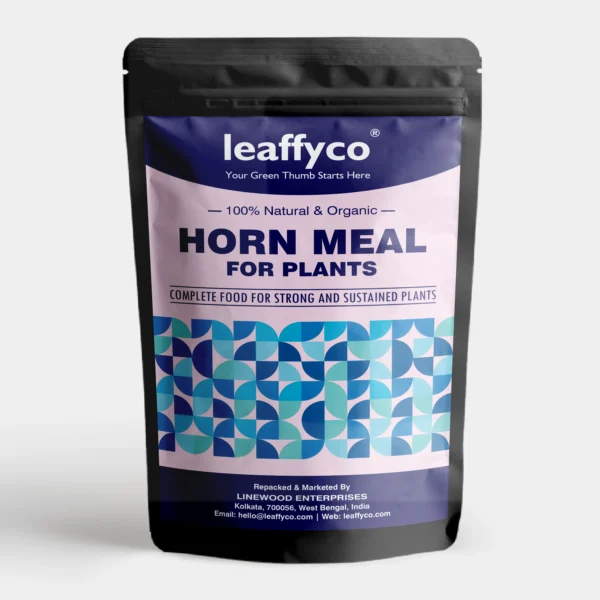
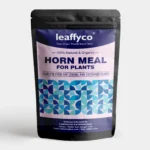
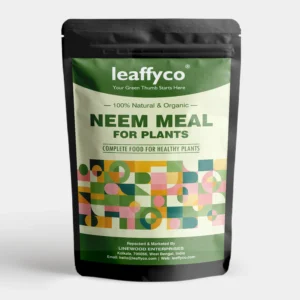
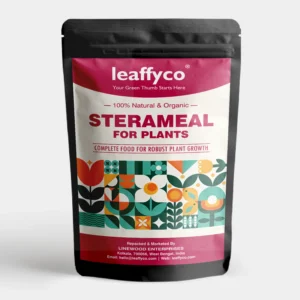

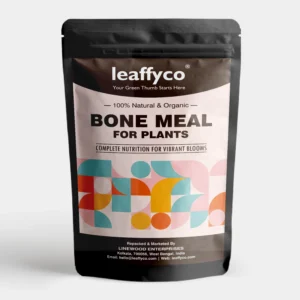
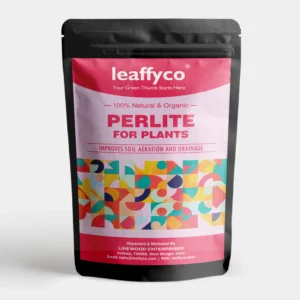
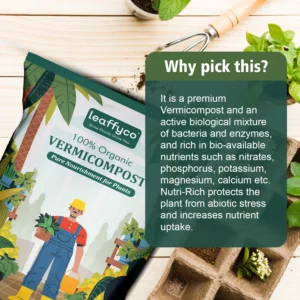
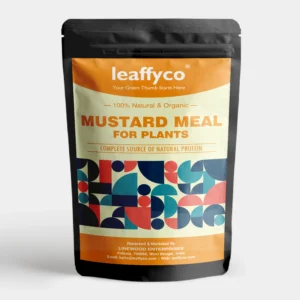
Fantastic for Lawns!
I added this to my lawn soil mix, and the grass looks lush and vibrant. No synthetic chemicals—just natural, healthy growth. A great choice for eco-friendly gardening!
Perfect for Root Growth
This product works wonders for my root vegetables. My carrots and beets are much bigger and healthier compared to last season. A must-have for organic gardeners!
Great for Long-Term Soil Health
I love that this fertilizer is all-natural and provides a steady supply of nitrogen to my plants. My flowers are blooming better than ever, and my soil seems healthier too. Will definitely purchase again.
Excellent Organic Fertilizer!
I’ve been using this horn meal fertilizer in my vegetable garden, and the results are amazing! My plants are growing strong with deep green leaves. It’s slow-releasing, so I don’t have to apply it too often. Highly recommended!
Boosted My Tomato Plants
I was struggling with slow-growing tomato plants, but after using this fertilizer, they are thriving! It provides a steady source of nitrogen without burning the plants. Great product!